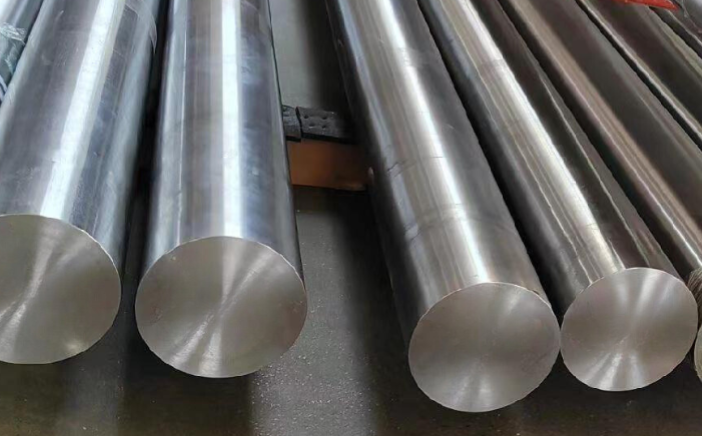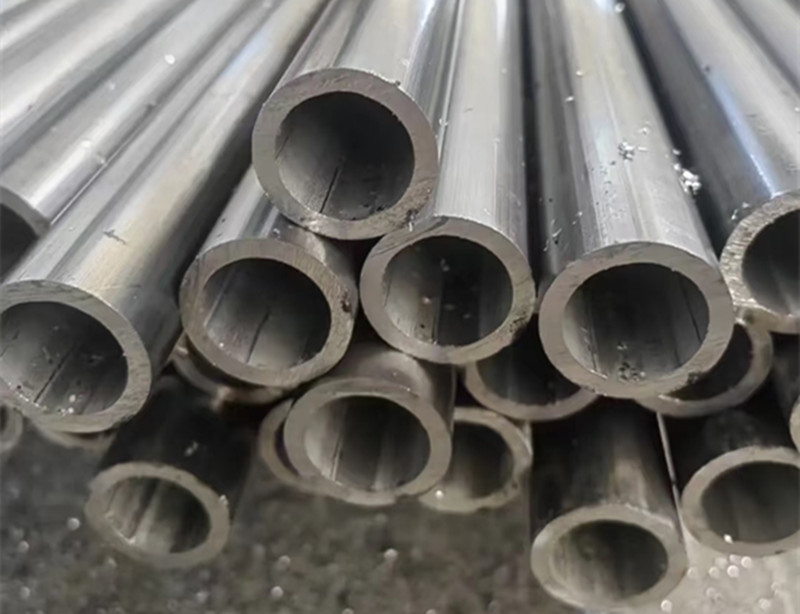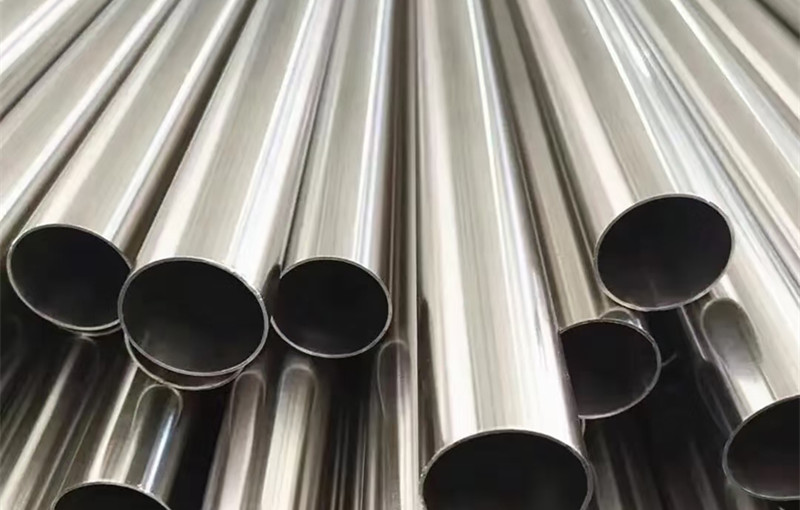Is titanium harder than steel?

Comparing Titanium Alloys and Stainless Steel: Which Is Harder? Which Is Tougher?
When it comes to engineering materials, titanium alloys and stainless steel often steal the spotlight. But the question remains: which one is harder, and which one is tougher? The answer isn’t as simple as picking one over the other. To truly understand their differences, we need to consider their properties, hardness, and the specific grades of alloys available. Let’s break it down.
What Are Titanium Alloys?
Titanium alloys are a combination of titanium and other elements, designed to provide high strength, low density, excellent corrosion resistance, and outstanding thermal stability. These qualities make them a top choice in industries like aerospace, marine engineering, and medical devices.
Properties of Titanium Alloys
| Property | Range | Notes |
|---|---|---|
| Density | 4.5 g/cm³ | About 56% of steel’s density |
| Yield Strength | 480–1100 MPa | Varies by alloy grade |
| Hardness (Brinell) | 200–340 | Depends on composition and treatment |
| Corrosion Resistance | Extremely high | Ideal for marine and chemical environments |
| Heat Resistance | Excellent | Suitable for applications above 400°C |
The most commonly used titanium alloy is Ti-6Al-4V (TC4), known for its balanced performance. Other popular grades include TA15 and Ti Grade 2.
Titanium Alloy Hardness Data
| Alloy Grade | Hardness (HB) | Typical Applications |
| Ti-6Al-4V | 320 | Aerospace, medical implants |
| TA15 | 340 | High-temperature components |
| Ti Grade 2 | 200 | Chemical equipment, marine |

